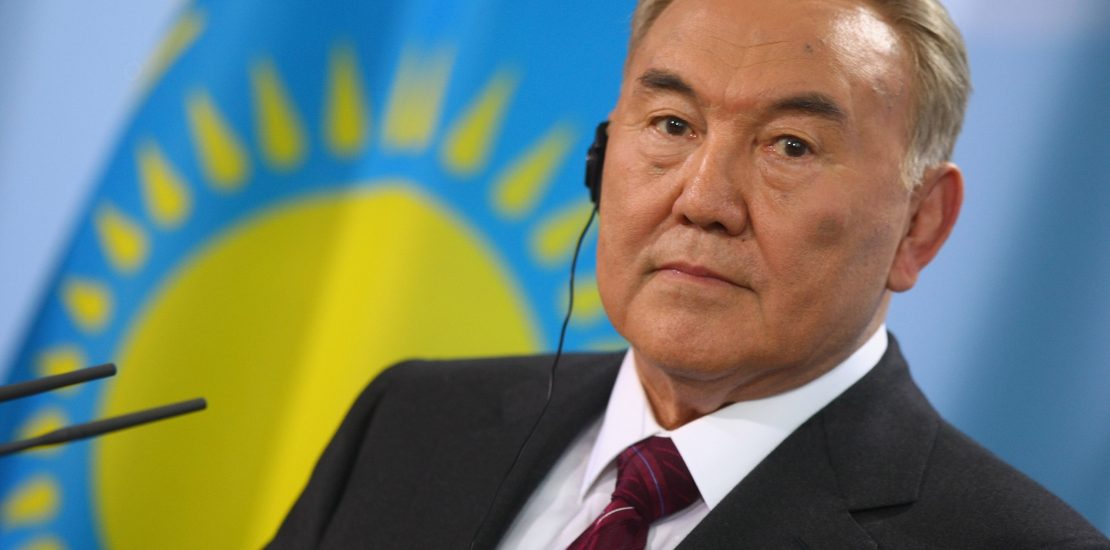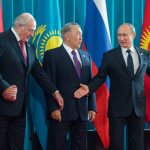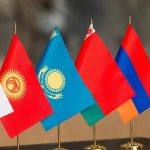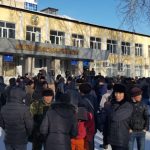- 21 March, 2019
- Eurasian Economic Union

Kazakh President Nursultan Nazarbayev’s resignation is interesting not only in the context of domestic politics but also in the context of the Eurasian region.
Nursultan Nazarbayev is the head of Kazakhstan since 1989, and has uninterruptedly held the post of president since the country became independent. Although the news about Nazarbaev’s resignation was a surprise for many, the domestic political environment in that country and the events that took place after the resignation suggest that Kazakhstan’s role in domestic affairs and the Eurasian structures is not expected to change.
What happened?
After 78-year-old Nazarbaev’s resignation, the Speaker of the Senate, which is the upper house of the parliament of Kazakhstan, Kasim-Zhomart Tokayev has assumed the duties of Kazakhstan’s president who, according to Kazakh legislation, is not the acting president of Kazakhstan but a full-fledged president.
Tokayev previously held several senior posts, was Kazakhstan’s foreign minister and prime minister. Tokayev’s international reputation is also great. The latter was the UN Deputy Secretary General in 2011-2013.
Kasim-Zhomart Tokayev is a member of Nursultan Nazarbayev’s party, Nur Otan, and Nazarbaev’s political teamman. Essentially, with his resignation, Nursultan Nazarbayev transferred the power to his team, at the same time ensuring serious control levers for himself.
What will Nazarbaev do?
Nursultan Nazarbayev continues to lead the country’s ruling party, Nur Otan. Besides, Nazarbaev will be the president of the Security Council of Kazakhstan, and will continue to be a member of the Constitutional Council, which will allow him to apply vetoes on legislative amendments in the future.
Besides, according to the Kazakh legislation, Nursultan Nazarbayev, as the country’s first president, holds the title of “Yelbasi” – the head of the people. This title gives him the opportunity to have advisory influence on the events taking place in Kazakhstan.
At the same time, Nursultan Nazarbaev’s influence through his relatives and friends is enormous. Thus, as of March 20, his daughter, Dariga Nazarbaeva, held the post of Senate Speaker, Nazarbaev’s nephew Samat Abish was the vice president of the National Security Committee, his daughter’s husband, Timur Kulibaev, oversaw the National Bank of Kazakhstan and managed the National Chamber of Business.
As for Kasim-Zhomart Tokayev’s loyalty to Nazarbaev, he has already managed to rename the country’s capital Astana to Nursultan in honor of his predecessor.
What is the domestic political situation in Kazakhstan?
There is no domestic “political activity” in Kazakhstan as such. There are three political parties represented in the parliament, of which Nur Otan, Nazarbayev’s party, won 80 percent of votes at the 2016 parliamentary elections. The other two parties are pro-government Ak Jol and the Communist Party, whose political loyalty to Nazarbaev has been manifested in their voting for renaming Astana.
In general, registering a party is extremely difficult given the legislation of Kazakhstan, and attempts to create any opposition party are constantly failing.
Accordingly, Nursultan Nazarbayev’s resignation and transfer of power to his team will hardly cause any shock in that country because there are no opposition politicians in Kazakhstan.
In the Eurasian region
It is noteworthy that after his resignation Nursultan Nazarbayev had telephone conversations with the leaders of the Eurasian integration structures. In particular, Nazarbaev had telephone conversations with the leaders of Armenia, Russia, Kyrgyzstan and Tajikistan. This probably means that when leaving his office, Nazarbaev should have personally assured his colleagues that Kazakhstan’s political course will not change, and Kazakhstan will continue to be active in the Eurasian Economic Union and the Collective Security Treaty Organization.
Vahe Ghukasyan
Union of Informed Citizens


 Հայ
Հայ Рус
Рус


